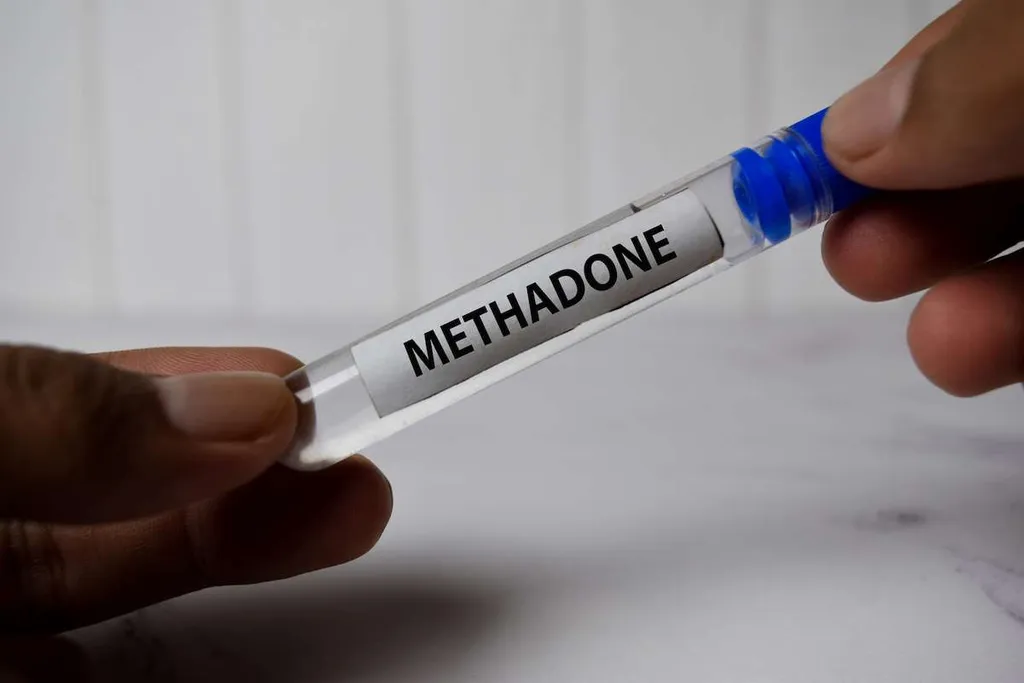
Stopping alcohol use can be difficult, but it is essential if you are at risk of developing wet brain or have experienced it before. At The Recovery Village at Palmer Lake, we understand how stressful overcoming an alcohol addiction can be. Our caring staff provides state-of-the-art treatments to keep you as comfortable and safe as possible during alcohol withdrawal and beyond, supporting you with tools you need to achieve and maintain recovery. Wernicke-Korsakoff syndrome (WKS), commonly referred to as “wet brain,” is a serious neurological disorder most often linked to heavy, prolonged alcohol use. Thiamine is crucial for many metabolic processes in the body, including those that help the brain produce energy. When someone lacks sufficient thiamine, areas of the brain — particularly those involved in memory, coordination and decision-making — can sustain damage.

Wet brain life expectancy
Failure of ocular abnormalities to respond to thiamine should raise doubt as to the diagnosis. Improvement of ocular abnormalities is the most dramatic, usually occurring within hours of thiamine administration. If an amnestic deficit is present, it may manifest as the signs of apathy and global confusion resolve. Find a brighter tomorrow by starting with our compassionate team of medical professionals and recovery specialists today. Start your recovery journey with peace of mind, knowing your care is covered. Self-help groups like Alcoholics Anonymous (AA) or SMART Recovery can offer a supportive community.
Wet Brain: What Is It, What Are Stages, and Can it Be Avoided?
- Want to know the reason people slur their words, stumble around, or make impulsive decisions while drunk?
- Without treatment, individuals may face a significantly reduced lifespan, potentially living only a few years after symptoms become severe.
- However, a complete cure for the syndrome is difficult, especially in advanced cases where significant brain damage has occurred.
- Wet brain doesn’t have a “cure.” However, early treatment with vitamin B1 can stop or reverse certain symptoms and prevent permanent memory impairment.
- Wet brain is a disorder of the brain caused by a chronic thiamine (vitamin B1) deficiency.
- Genetics, preexisting conditions, and other factors help determine whether an alcoholic eventually develops this mush brain disease.
- In many cases, treatment can slow or reverse symptoms such as confusion, eye problems and muscle coordination.
When individuals with Wet Brains discontinue alcohol use, they significantly reduce further damage to the brain and body, which allows for some degree of recovery. Stopping alcohol consumption is crucial for effective treatment and management of the syndrome, as continued drinking exacerbates thiamine deficiency and impairs neurological recovery. The symptoms of Chronic Korsakoff Psychosis include profound memory loss, confabulation, and other long-term neurological impacts that significantly affect daily functioning. Korsakoff psychosis is a form of dementia and presents after https://ecosoberhouse.com/ the acute phase of Wernicke encephalopathy has subsided, leaving long-term cognitive deficits.
- Wernicke-Korsakoff syndrome (WKS) is a brain and memory disorder that requires immediate treatment.
- Because wet brain, or Wernicke-Korsakoff Syndrome, is so debilitating and fatal, it is important to take any symptoms you or your loved one may experience seriously.
- Patients with this condition have a high mortality, both from brain disease as well as the often co-morbid failure of other body systems including the liver.
- It’s an essential factor in building enzymes responsible for processing and converting sugar to energy.
- Therefore, people with other medical conditions can develop Korsakoff psychosis if they have an insufficient intake of thiamine.
Korsakoff’s Psychosis
These physical changes to the brain can impact other areas of the body as well. As soon as you recognize symptoms, you need to get medical attention right away. For informational purposes only, what is mush brain a link to the federal Centers for Medicare and Medicaid Services (CMS) Open Payments web page is provided here.
Does Alcohol Cause Inflammation? More Than You Might Think.
- Korsakoff Psychosis happens when Wernicke’s Encephalopathy goes untreated.
- However, if the disease is left to progress, the symptoms cannot be reversed.
- Over time as your thiamine levels increase and stabilize, you may notice an improvement in your symptoms.
- Our telehealth addiction treatment services bring comprehensive addiction treatment right to your doorstep, offering a new layer of convenience and accessibility.
- These are just a few of the harrowing symptoms that individuals with wet brain syndrome may experience.
It happens due to a severe lack of thiamine (vitamin B1), which causes damage to your brain. Thiamine is an essential vitamin that your body uses to convert alcoholism food into energy. Your doctor will order tests to check your thiamine levels when attempting to diagnose wet brain. They might also check for signs of alcohol use disorder which is the leading cause of wet brain.

- This is one reason why it is important to catch the signs and symptoms of Wernicke-Korsakoff syndrome early to help keep some symptoms from worsening or developing over time and becoming more serious.
- Yes, Wet Brain (Wernicke-Korsakoff Syndrome) persists after you stop drinking.
- In Wernicke’s encephalopathy, this commonly refers to bleeding of the brain.
Alcohol withdrawal symptoms can be severe and even deadly, in some cases, so detoxing under medical supervision is always the safest and most effective way to quit alcohol and begin a new, sober lifestyle. If you or a loved one has symptoms of WKS, call your healthcare provider or 911 immediately. If you or someone you love is exhibiting any of the above symptoms, it’s vital to immediately contact emergency health services or your healthcare provider. While anyone can develop the disorder, people who consume alcohol are more likely to develop the condition. The mainstay of treatment includes thiamine supplements, usually administered through high-dose injections or IV, to help restore depleted stores of this essential nutrient.

Diagnosis

Chronic alcohol users often have inflamed digestive tracts, making it difficult for the body to absorb the thiamine it needs from the foods they consume. People with Korsakoff’s psychosis have increased difficulty with coordination and movement. They will also exhibit symptoms of retrograde amnesia and find it challenging to learn and process new information. A neurological assessment may be used by your doctor to find the extent of mental disabilities.